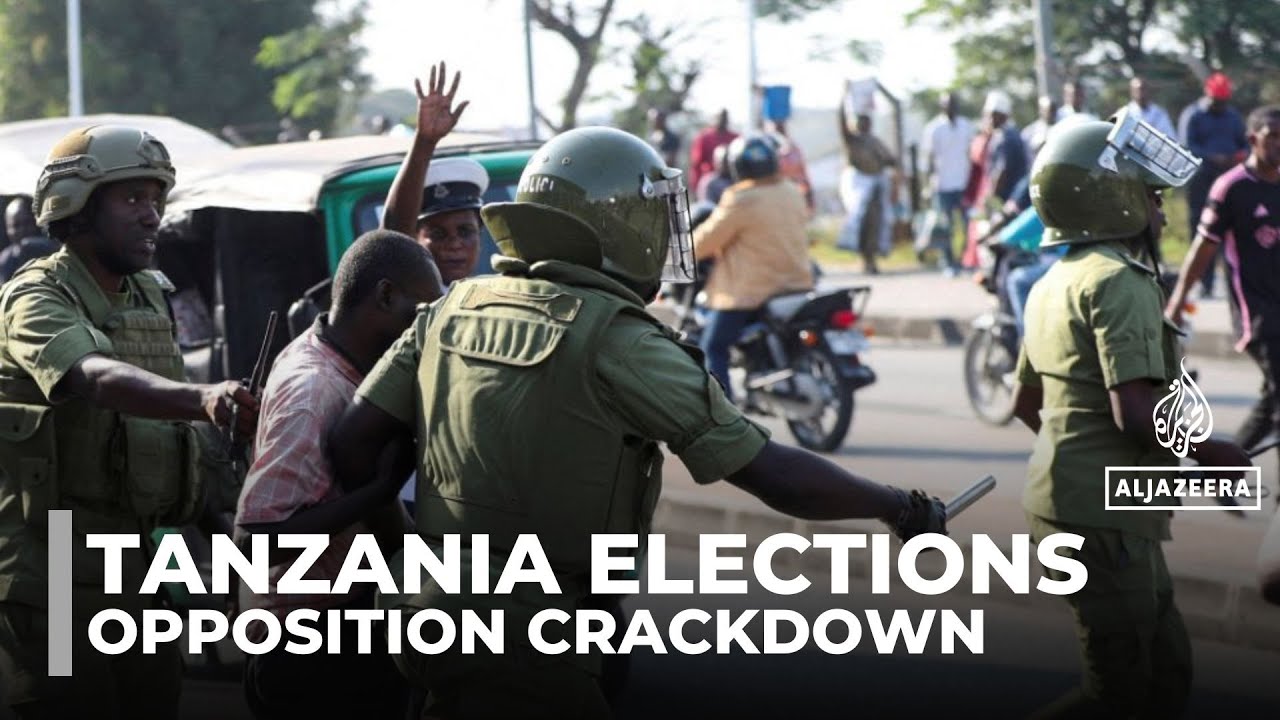
Tenth Circuit Backs Fed in Denying Custodia Bank Direct Access to U.S. Payments System
A federal appeals court has sided with the Federal Reserve in its long-running dispute with Custodia Bank, ruling that the central bank acted within its authority when it denied the Wyoming crypto-focused institution a coveted “master account.”
In a decision filed Friday, the U.S. Court of Appeals for the Tenth Circuit affirmed a Wyoming district court ruling favoring the Federal Reserve Board of Governors and the Federal Reserve Bank of Kansas City. The three-judge panel—Circuit Judges Tymkovich, Ebel, and Rossman—said the case may involve modern terms like “cryptocurrency” and “digital assets,” but the legal questions about the central bank’s powers are longstanding.
What the ruling means
- The decision keeps in place the Fed’s rejection of Custodia’s application, confirming the central bank’s broad discretion over which institutions can plug directly into its payment rails.
- Without a master account, Custodia cannot directly access systems such as Fedwire and ACH, settle transactions, hold reserves at the Fed, or participate in monetary operations—privileges reserved for regulated depository institutions.
How we got here
- Custodia, founded by former Morgan Stanley executive Caitlin Long and formerly known as Avanti, received a Wyoming special-purpose depository institution (SPDI) charter and applied for a master account in October 2020.
- The application sat unresolved for more than 19 months. In January 2023, the Kansas City Fed formally denied it, citing “safety and soundness” concerns tied to Custodia’s crypto-centric business model, risk controls, and potential illicit finance exposure.
- Custodia sued in June 2022, alleging unlawful delay and arguing that eligible institutions are entitled to master accounts under federal law. A Wyoming judge ruled for the Fed in March 2024. Custodia appealed; the Tenth Circuit has now upheld the lower court.
Custodia’s response
- Following the ruling, Custodia said on X that it is “actively considering” seeking a rehearing and highlighted a partial dissent that, in the bank’s view, raises constitutional questions about the scope of the Fed’s authority.
Why the Fed remains cautious
- To date, the Fed has not approved master account access for crypto-native firms, repeatedly citing the sector’s volatility, fraud risks, consumer protection gaps, and concerns about illicit finance.
- Custodia and other industry voices argue this stance disadvantages innovators while favoring large incumbents. Long has criticized what she calls “debanking” and alleged the Fed is more open to private, bank-controlled blockchains than to public networks.
The broader backdrop
- Earlier this year, Custodia unveiled “Avit,” a tokenized U.S. dollar instrument launched with Vantage Bank on Ethereum and described as the first U.S. bank-issued stablecoin on a public blockchain. Long said the project shows banks can tokenize demand deposits on permissionless networks in a compliant way.
- Despite such efforts, federal regulators have largely maintained that direct crypto exposure remains “unsafe and unsound” for banks, leaving the sector’s access to core U.S. payment infrastructure uncertain.
Source: Court Listener (Tenth Circuit ruling)







